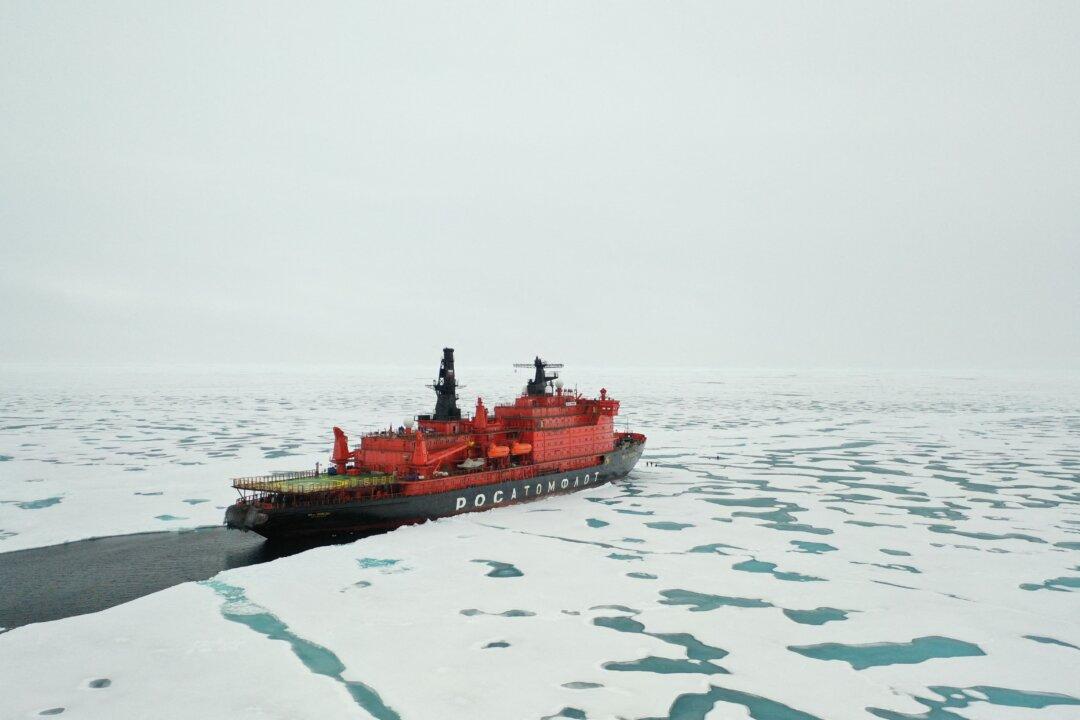A parliamentary committee in London has heard of a growing interest in the Arctic by the Chinese regime and the danger posed in the region by its strategic alliance with Russia.
On Wednesday the House of Lords’ international relations and defence committee heard from three experts about the threat in the Arctic Circle posed by Russia and also by China.





